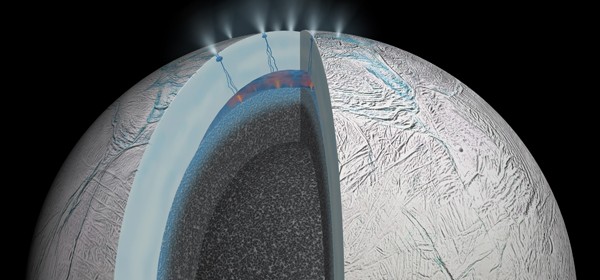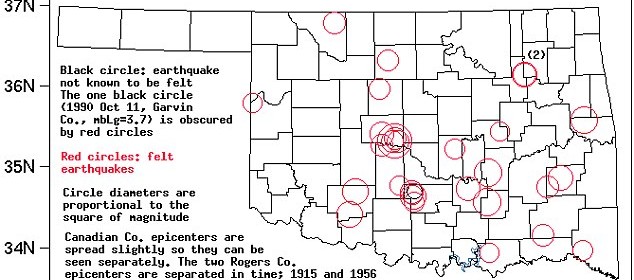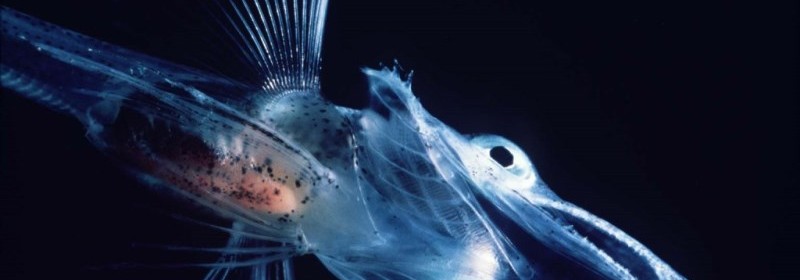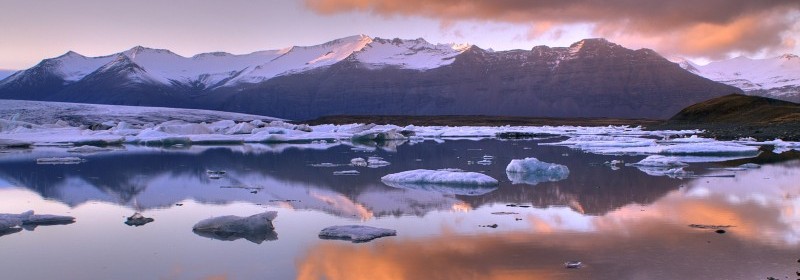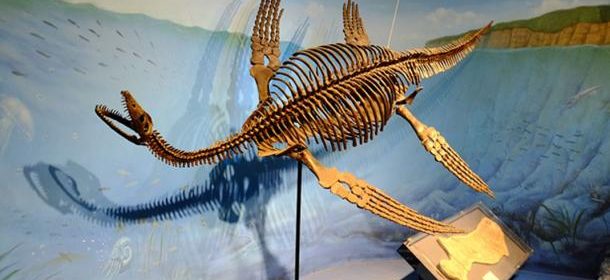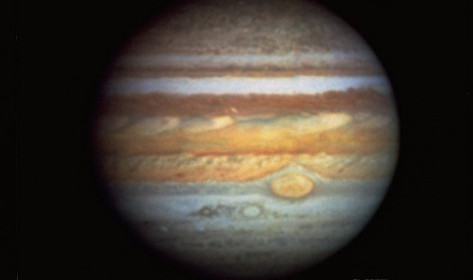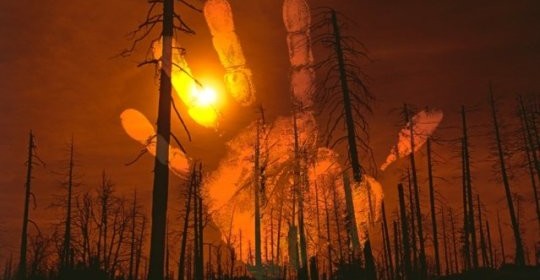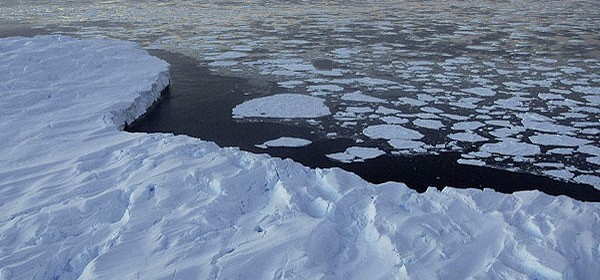Killer whales under threat of extinction from toxic ocean chemicals

At least half of the world’s killer whales will become extinct because of toxic waste in the oceans within the next century according to researchers. Some areas despite efforts to control the pollutants of polychlorinated biphenyls (PCBs) still remain at high levels. Research scientists from the Zoological Society of London (ZSL) are saying that if we don’t bring down the […]
Read more
